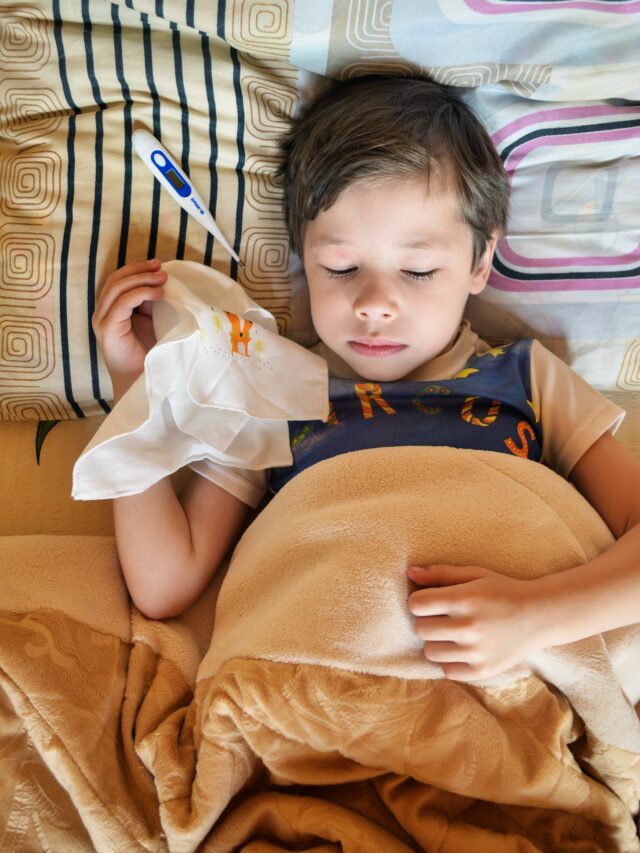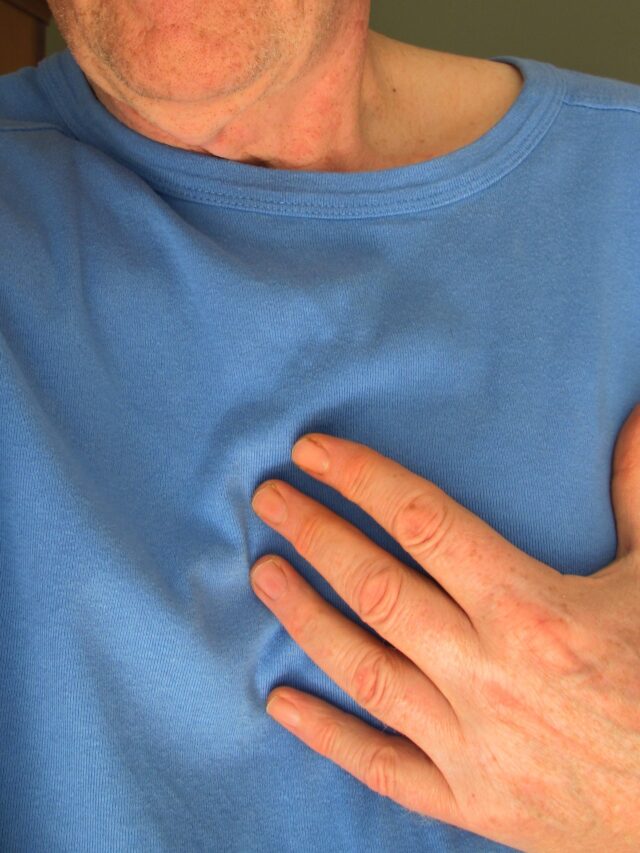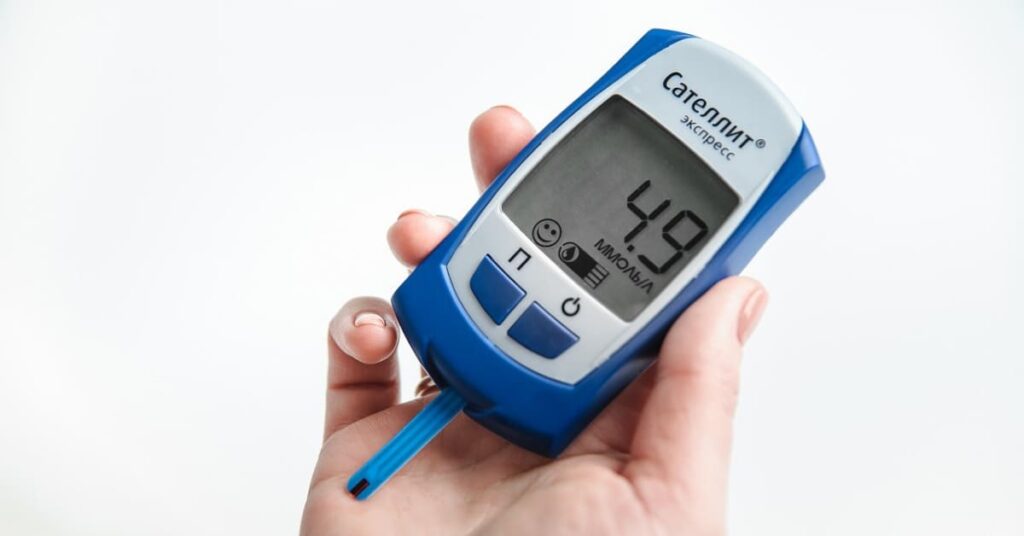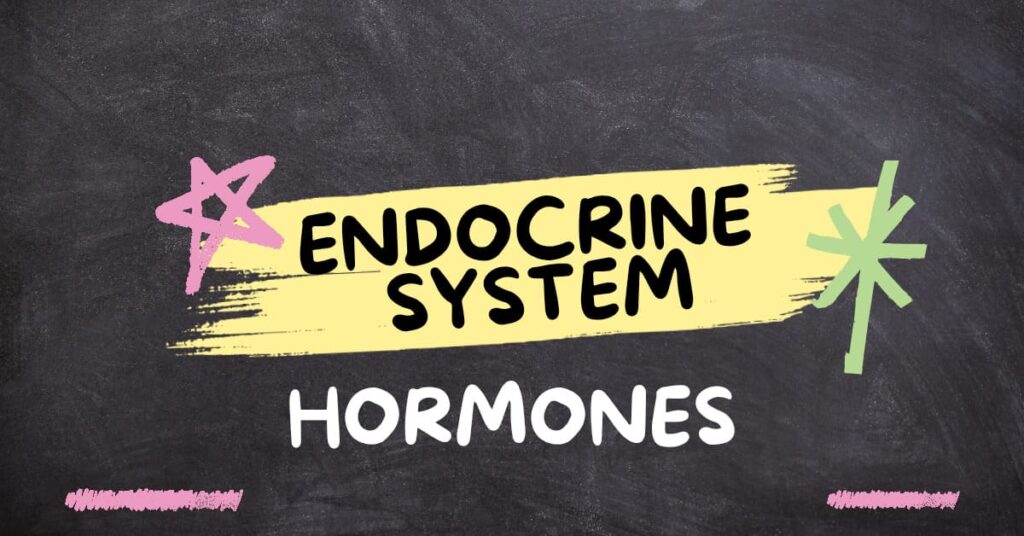Hypothyroidism
It is a condition in which the thyroid gland does not produce enough amount of thyroid hormone that is required by the body.
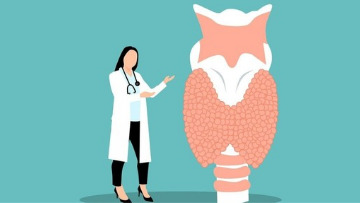
CAUSES :
It can be divided into:
1) Primary hypothyroidism: when the cause of hypothyroidism is due to the thyroid gland itself.
2) Secondary hypothyroidism: it occurs due to other diseases which lead to a decrease in thyroid hormone production.
PRIMARY HYPOTHYROIDISM :
1) Iodine deficiency
2) Autoimmune hypothyroidism is a condition in which the body’s immune system attacks thyroid gland cells and it stops functioning well.
3) Hashimoto thyroiditis is also an autoimmune disorder that affects the thyroid gland tissue.
4) Primary myxoedema is an autoimmune disorder that leads to shrinkage of thyroid gland tissue.
5) Surgical removal of thyroid gland – total or subtotal thyroidectomy.
6) Medicine like Antithyroid tablets, amiodarone, lithium, and interferon alpha can lead to hypothyroidism.
7) Congenital hypothyroidism includes the ectopic thyroid gland, and absent thyroid gland.
8) Postpartum thyroiditis: It can happen to some pregnant women after delivery in which the thyroid gland is inflamed and doesn’t function properly.
9) Silent thyroiditis
10) Infiltrative disorder – Amyloidosis, sarcoidosis, scleroderma.
11) Radiation therapy for cancer related to the neck.
12) Riedel’s thyroiditis: In this, the thyroid gland undergoes fibrosis which leads to a decrease in the production of thyroid hormone.
13) Amyloidosis, and sarcoidosis can lead to hypothyroidism.
SECONDARY HYPOTHYROIDISM :
1) Hypopituitarism which is due to carcinoma of the pituitary gland.
2) Hypothalmic disease.
Hypothyroidism management:
SIGNS AND SYMPTOMS :
1) The patient usually feels tired and weak and it keeps on increasing with an increase in thyroid problems which can be due to a decrease in cardiac output.
2) Skin can get dry due reduction in sweat gland secretion and it also looks boggy in appearance.
3) Facial expression can be dull in a hypothyroid patient.
4) The patient can feel excessive cold due to a decrease in blood supply.
5) Scalp and body hair become dry and brittle because of which hair falls easily which can lead to alopecia.
6) Hoarseness of voice is common in hypothyroidism due to the deposition of glycosaminoglycans in the pharynx.
7) Skin is easily bruised because of the increased fragility of capillaries.
8) Pallor can be seen on the skin due to carotene accumulation.
9) Nails can stop growing or can grow very slowly.
10) Weight gain is seen even when the patient eats less which can be due to the accumulation of water.
11) Constipation occurs due to a decrease in the peristaltic movement of the intestine.
12) Hypothyroidism can lead to cardiac problems which include diastolic hypertension because of decreased cardiac output, narrowing of pulse pressure, and increased vascular resistance.
13) Pericardiac effusion may occur in some cases.
14) The patient can complain of decreased sexual desire ( decrease in libido) which occurs due to increased prolactin level.
15) Amenorrhea can be present.
16) Conceiving a baby is also difficult and chances of miscarriages are more if a lady is suffering from hypothyroidism and is not getting treated properly for it.
17) Conductive deafness is present in the patient due to the accumulation of fluid in the ear cavity.
18) The patient can complain of difficulty in remembering anything and decreased ability to concentrate.
19) Pain and stiffness in the muscle can be complained about by the patient which can be attributed to carpal tunnel syndrome.
20) A tingling or pricking sensation can be felt by the patient.
INVESTIGATIONS:
1) Serum TSH is the most important blood test that is done.
2) Free T3 and T4 are also measured.
3) Patients can be suffering from anemia so it is important to measure hemoglobin level.
4) Liver enzymes should be checked.
5) A renal function test should be done.
6) Serum cholesterol level is measured too.
7) Serum anti-thyroid peroxidase (TPO) should be measured to check if an autoimmune disease is causing hypothyroidism.
8) Hyponaterimia, hypoglycemia, and in ECG there can be prolonged QT interval with flat or inverted T waves can point towards myxoedema coma which is an emergency condition and needs to be treated immediately to prevent the patient from slipping into a coma.
9) A thyroid ultrasound can be done to check for nodules on the thyroid gland.
10) Scintiscanning is a radionuclide scan that can be done too.
TREATMENT :
As the medicine used in the treatment of hypothyroidism has some effect on the cardiac patient, it is important to start the medication only if needed and with caution in cardiac patients and also in patients above the age of 65 years.
In patients with a serious cardiac problem, the doctor can start thyroid medication on alternate days with low doses and check the blood report after 2 months to decide the course of treatment.
Thyroid medicines are known to interact with other medicines like rifampicin, amiodarone carbamazepine, aluminum hydroxide, and some other medicines that can decrease the effect of thyroid medicine. so it is important to inform the doctor about hypothyroidism medication so that proper medicines can be prescribed.
Thyroid treatment is usually lifelong so it’s important for the patient to understand it and keep taking the medicines regularly.
PREGNANCY AND HYPOTHYROIDISM:
It is important for ladies of childbearing age to get tested for thyroid disorder and start medicine if suffering from hypothyroidism to prevent infertility, miscarriages and also prevent the child from developing mental disorders which can occur in pregnant women suffering from hypothyroidism.
During the time of pregnancy, it is important to get checked for thyroid disorder as hypothyroidism can occur during pregnancy also.
Sometimes during pregnancy, the doctor prescribes an extra dose of medicine which is brought back to normal dose after pregnancy.
It is very important for pregnant women suffering from hypothyroidism to regularly visit the doctor and take medicine as prescribed to avoid miscarriages and also to have a healthy baby.
THANK YOU
STAY SAFE AND HEALTHY.
